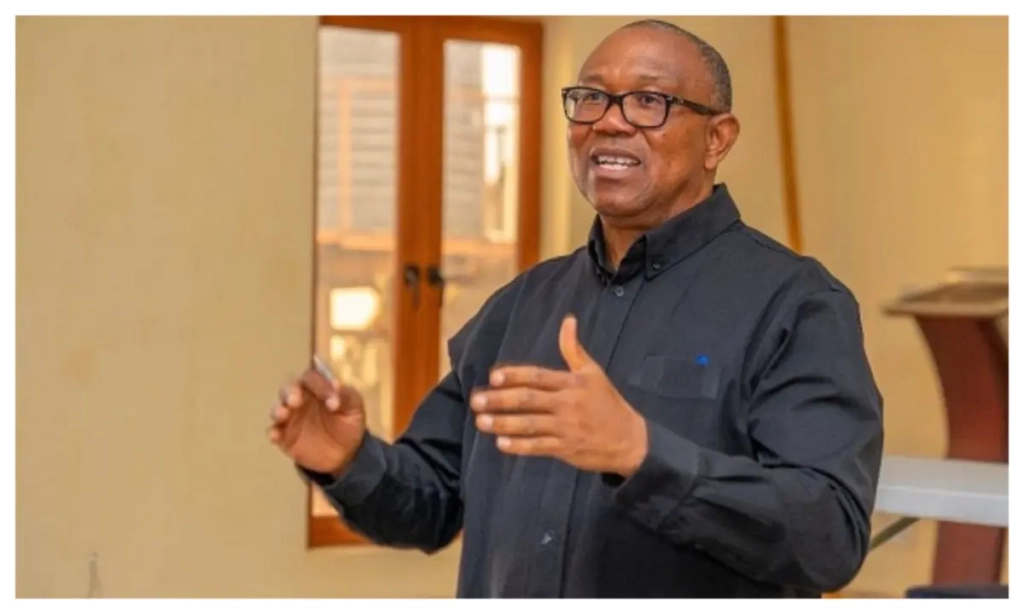Nigerian politician Peter Obi, who contested the 2023 presidential election under the Labour Party banner, has publicly disowned a circulating statement alleging his defection to the opposition Peoples Democratic Party (PDP). The denial, issued by his media team on Tuesday, emphasized his continued alignment with the African Democratic Congress (ADC) coalition and condemned what it called attempts to distort his political stance.
A statement signed by Ibrahim Umar of the Peter Obi Media Reach (POMR) clarified that the former governor of Anambra State remains unambiguously committed to his ongoing political coalition efforts. “Mr. Obi has been unequivocal in his position and did not need anyone to put words into his mouth,” the declaration read, underscoring his frustration over claims he described as part of a “devious agenda.” The rebuke specifically targeted unnamed actors accused of fabricating statements to manipulate public perception.
The media office urged Nigerians and international observers to dismiss any communications attributed to Obi that lack verification from his official channels. “He has remained focused on his mission and will not tolerate false attributions,” the notice added, reinforcing the necessity of relying on authorized platforms for accurate updates.
Obi’s political trajectory has drawn significant attention since his third-place finish in Nigeria’s closely watched 2023 election, which heightened his influence as a coalition-building figure. His decision to align with the ADC—a smaller opposition party—reflects a strategic push to consolidate opposition forces ahead of future elections. The PDP, a major opposition party, has faced internal fractures in recent years, creating a contested space for coalition leadership.
The incident highlights mounting tensions within Nigeria’s opposition circles, where competing narratives often fuel public confusion. Analysts note that false claims about high-profile defections are not uncommon, particularly as parties jostle for visibility in a crowded political landscape. For Obi, maintaining control over his public messaging appears critical as he navigates alliances and positions himself for potential future bids.
This episode also underscores broader challenges in Nigeria’s media environment, where misinformation can spread rapidly. The POMR’s firm response signals an effort to preemptively counter disinformation campaigns that could undermine political credibility. As coalition discussions progress, stakeholders are likely to face intensified scrutiny over the authenticity of public statements.
Obi’s team has yet to identify the source of the disputed declaration, leaving questions about its origins unanswered. However, the swift rebuttal reflects a growing awareness among Nigerian politicians of the need to safeguard their public narratives in an era of digital misinformation.
